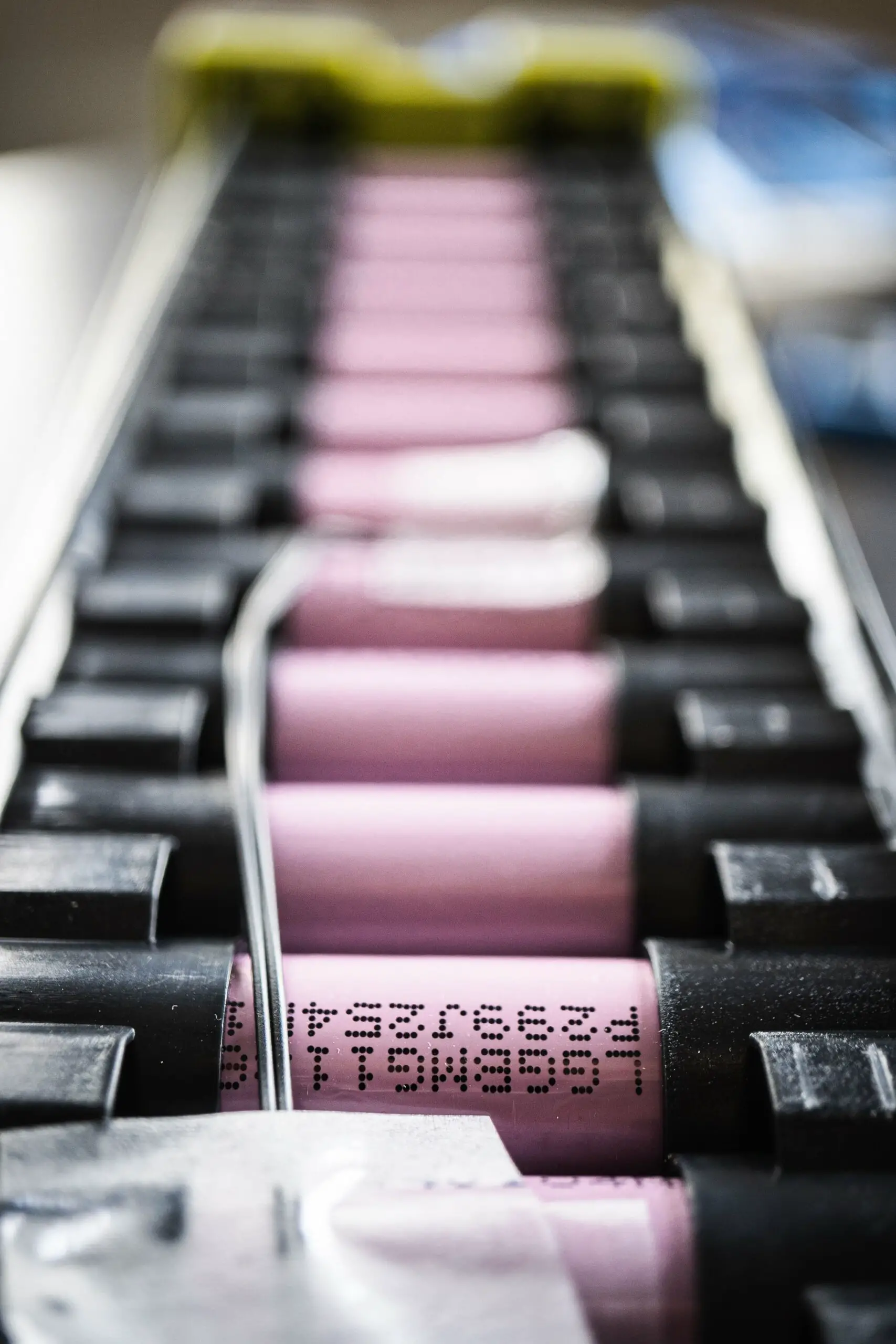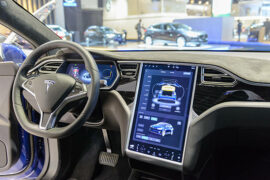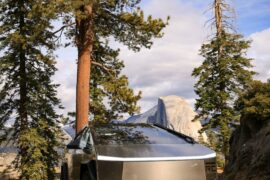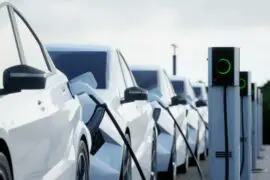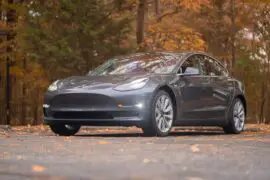In the realm of sustainable energy solutions, Tesla stands as a pioneer of innovation. With its electric vehicles leading the charge, questions naturally arise regarding the composition of Tesla batteries. One of the most common queries is whether Tesla incorporates cobalt into its battery manufacturing process. To thoroughly address this inquiry, we must first grasp the fundamentals of cobalt and its pivotal role within battery technology.
Question: Do Tesla batteries use cobalt?
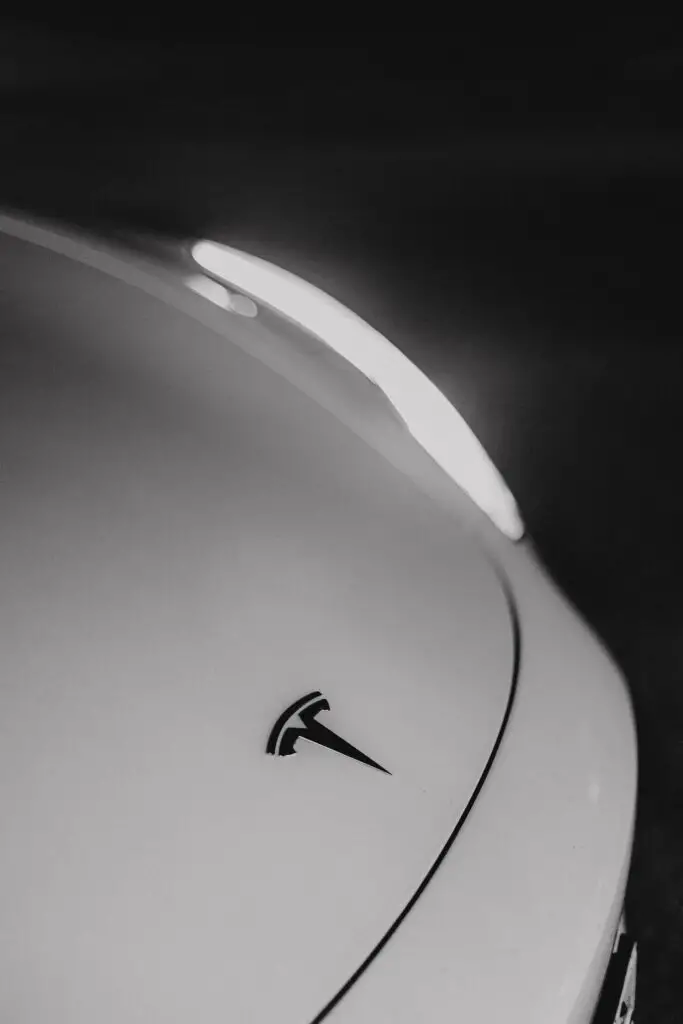
Contents
What is Cobalt?
Cobalt, a transition metal, boasts a myriad of industrial applications, most notably within battery production. Its unique properties render it an invaluable ingredient for optimizing battery performance.
Importance of Cobalt in Batteries
The historical significance of cobalt spans both conventional and lithium-ion battery technologies, playing a fundamental role in enhancing their stability and energy density.
Cobalt in Traditional Batteries
Within conventional battery architectures, such as lead-acid variants, cobalt facilitates the efficient transfer of electrons, thereby enabling the storage and discharge of energy. However, it’s worth noting that these batteries typically contain relatively modest quantities of cobalt in comparison to their lithium-ion counterparts.
Cobalt in Lithium-ion Batteries
In the realm of lithium-ion batteries, cobalt finds its primary application within the cathode. Here, it serves to augment the battery’s energy density, permitting prolonged and more robust energy storage capabilities. The formulation of lithium cobalt oxide (LiCoO2) has emerged as a prevalent choice within commercial lithium-ion batteries, owing to its commendable stability and high energy density characteristics.
Tesla’s Use of Cobalt
Despite its widespread utilization in battery technology, Tesla has embarked upon a proactive mission to curtail, and ultimately eradicate, cobalt from its battery compositions.
Tesla’s Mission Towards Sustainability
Tesla’s dedication to sustainability transcends mere vehicle production, encompassing its entire supply chain, including battery manufacturing. Elon Musk, the visionary CEO of Tesla, has consistently underscored the imperative of transitioning to sustainable energy solutions to combat the escalating threat of climate change.
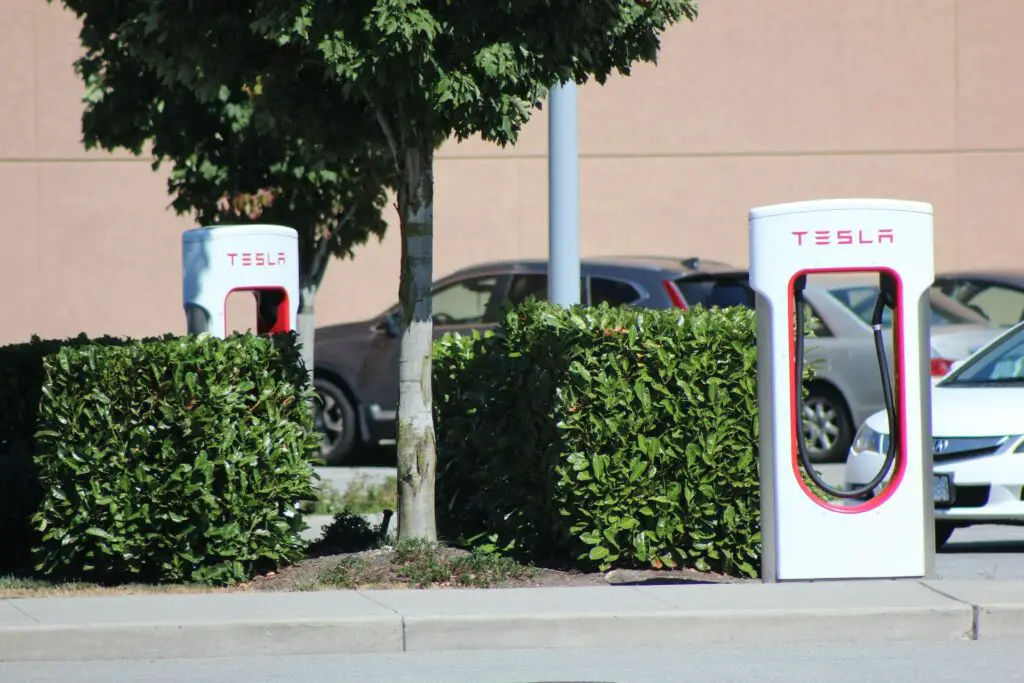
Cobalt Reduction Efforts
To manifest its commitment, Tesla has orchestrated a series of strategic initiatives aimed at diminishing cobalt utilization within its batteries. Such endeavors entail meticulous battery design optimizations and the relentless pursuit of alternative cathode materials. Notably, one avenue involves bolstering the nickel content within batteries while concurrently diminishing cobalt levels. Nickel stands as an enticing alternative, proffering analogous performance benefits at a reduced cost.
Cobalt-Free Initiatives
In its relentless quest for sustainable energy solutions, Tesla has spearheaded several pioneering projects centered on the development of cobalt-free batteries. These initiatives underscore Tesla’s conscientious endeavor to address apprehensions surrounding cobalt’s environmental and ethical ramifications. Collaborating with esteemed battery manufacturers and esteemed research institutions, Tesla is actively exploring novel cathode materials that circumvent the reliance on cobalt.
Impact of Cobalt-Free Batteries
The burgeoning transition towards cobalt-free batteries not only aligns with Tesla’s sustainability aspirations but also heralds profound ramifications for the broader electric vehicle industry. Such batteries possess the potential to democratize the electric vehicle landscape, fostering heightened accessibility and affordability, while concurrently mitigating dependence on scarce resources. Moreover, the advent of cobalt-free batteries heralds a promising era characterized by diminished environmental impact and a mitigation of the ethical dilemmas associated with cobalt mining.
Alternatives to Cobalt
As Tesla steadfastly traverses its odyssey towards sustainable battery technology, it embarks upon an exhaustive exploration of alternative materials to cobalt for battery production.
Nickel-Based Batteries
Nickel-based batteries emerge as a prominent contender among the gamut of cobalt alternatives, proffering commendable performance parallels whilst mitigating reliance on rare materials. High-nickel cathodes, exemplified by formulations such as nickel-cobalt-aluminum (NCA) and nickel-manganese-cobalt (NMC), have garnered widespread acclaim within the electric vehicle sphere, courtesy of their lofty energy density and cost-effectiveness.
Solid-State Batteries
The emergence of solid-state batteries represents yet another tantalizing frontier in the quest for cobalt-free energy storage. Distinguished by their utilization of solid electrolytes, these batteries obviate the requisite for cobalt within cathode compositions. The allure of solid-state batteries resides in their manifold advantages over traditional lithium-ion counterparts, encompassing heightened energy density, expedited charging times, and fortified safety parameters. However, it’s essential to acknowledge that the commercialization and mass production of solid-state batteries remains in nascent stages, necessitating further research and development endeavors to surmount technical hurdles and curtail manufacturing costs.
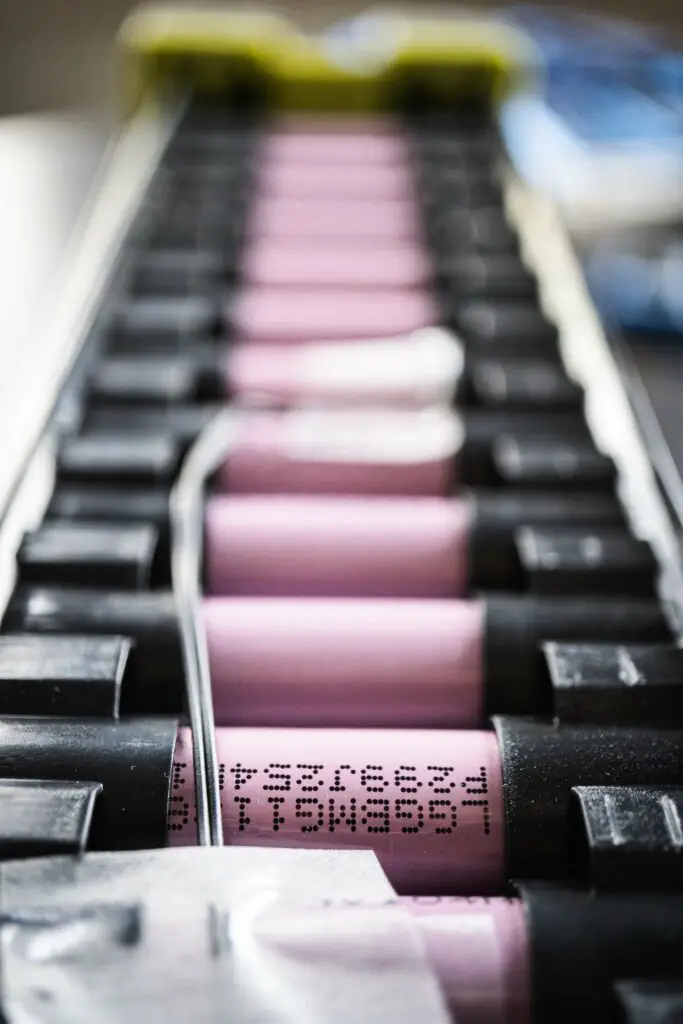
Do Tesla batteries use cobalt?
In summation, whilst cobalt has historically wielded considerable sway within battery technology, Tesla assumes the mantle of a trailblazer, steadfastly steering the industry towards cobalt-free alternatives. Through a synergistic amalgamation of innovative research and steadfast sustainability practices, Tesla endeavors to orchestrate a paradigm shift within the electric vehicle ecosystem, accentuating environmental stewardship as an indispensable cornerstone of progress. By curtailing cobalt reliance and embracing alternative materials, Tesla catalyzes a profound metamorphosis, redefining the contours of sustainable transportation.

